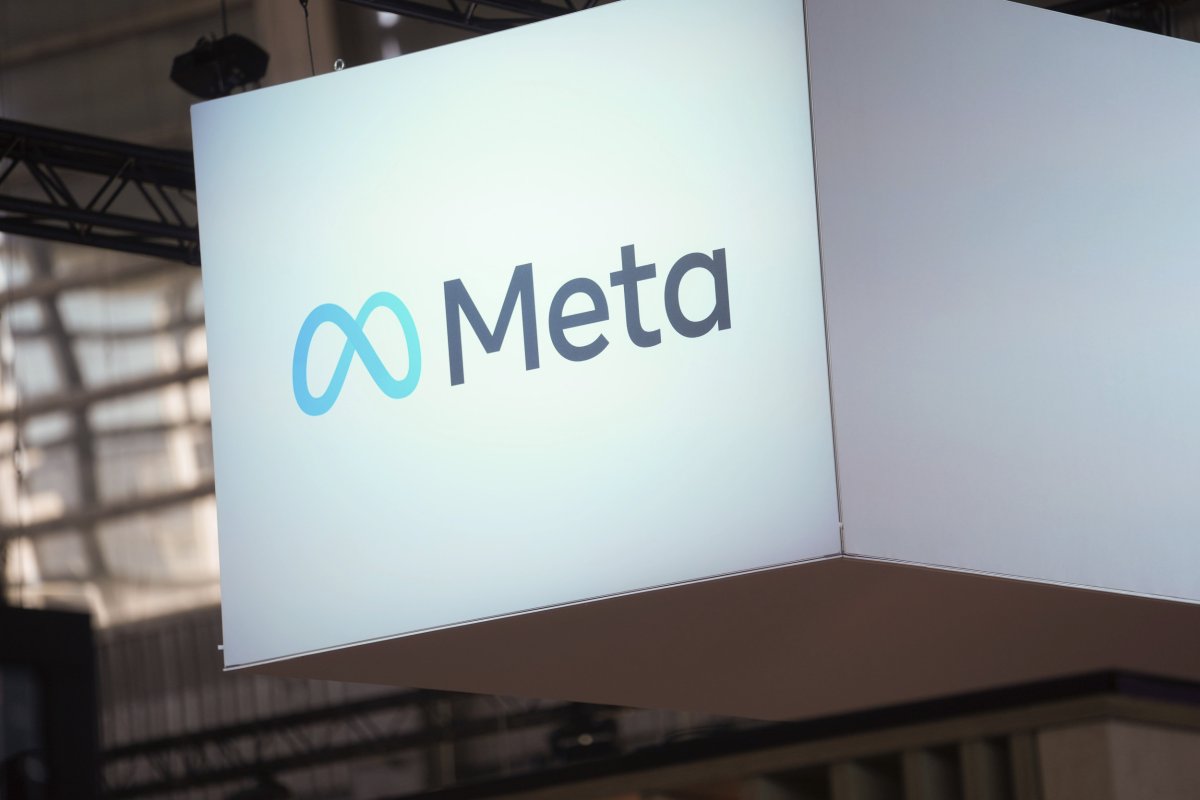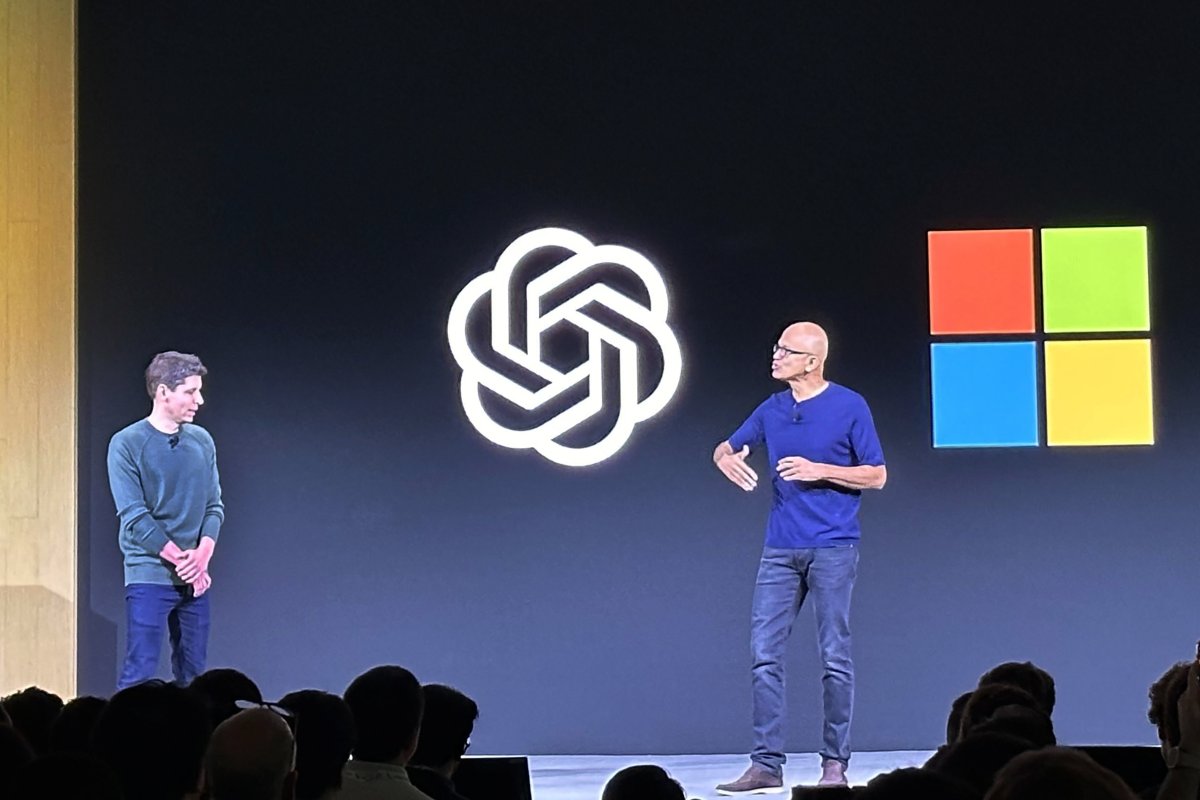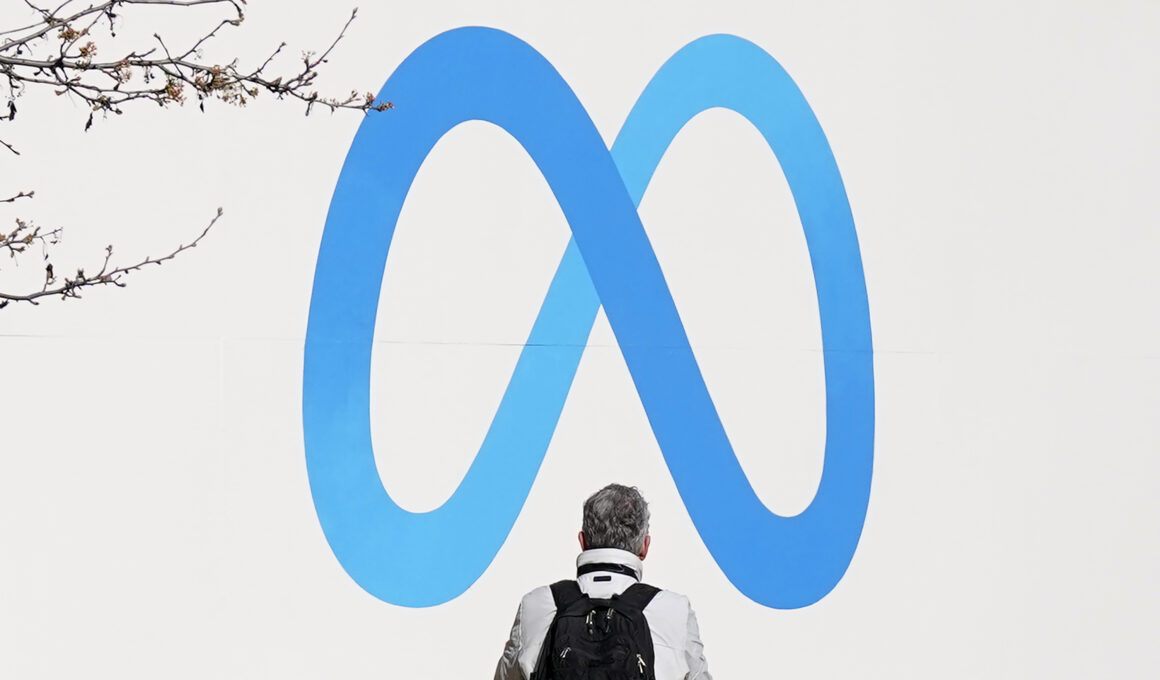The debate over whether increasingly advanced software code should be treated as a trade secret or openly available to anyone who wants it took a turn this week when Mark Zuckerberg, the CEO of Meta, called for an open-source approach to artificial intelligence development — then put his money where his mouth is by launching an open-sourced AI app that the company claims can compete with the best closed AI models, like OpenAI‘s ChatGPT.
“It’s a fundamentally different move than the companies who are taking responsibility for how they’re using their models and are making sure their models are do certain things and won’t do other certain things,” Anthony Aguirre, the executive director of the nonprofit Future of Life Institute, told Newsweek.
“Safety regulation is just not compatible with open release of those models.”
Llama 3.1, which powers the consumer-facing Meta AI app, is “in a class of its own,” according to the company’s press release. The model is equipped with ” state-of-the-art capabilities in general knowledge, steerability, math, tool use and multilingual translation.”
Open-source AI models like Llama are written in code that is made publicly available. Users are able to work with the code, understand how it operates the AI system and potentially modify it on their own.
This is counter to closed approaches, like OpenAI’s GPT models, that keep the underlying code private.
“I think we should ask why Facebook is spending billions of dollars to create a model that they are then open sourcing,” Aguirre said, casting doubt on Zuckerberg’s motives for going the open-source route with Llama.
“You could think that Meta might want to get a lot of labor from the open source community and make their ecosystem better and stronger and more capable.”
By providing the code openly for free, Meta may be able to attract developers who want to innovate and create new ways to work with the systems. In theory, the larger community will be able to identify and fix potential problems, thereby advancing Meta’s mission and making its products better.
Zuckerberg wrote in an open letter published Tuesday that “open source is quickly closing the gap” that is created by the tech companies who are “developing leading closed models.”

“Meta is committed to open-source AI…I believe that open source is necessary for a positive AI future,” Zuckerberg wrote in the letter. “AI has more potential than any other modern technology to increase human productivity, creativity, and quality of life – and to accelerate economic growth while unlocking progress in medical and scientific research.”
To critics like Aguirre, that mission conveniently leaves out that an open-source model “hurts the competition,” most notably the leader in the space: OpenAI.
“Meta is simply not trying to enforce safety guidelines,” Aguirre said. “They talk about their releasing things with responsible guidelines, but if you open source a model…you simply can’t put safety guardrails into an open model. They can be removed by someone, and are removed.”
Meta, for its part, recently faced backlash for failing to remove an explicit, AI-generated image of an Indian public figure until it was questioned by its internal Oversight Board, according to the board’s report on Meta’s handling of deepfake pornography.
The growing deepfake problem has gained attention as celebrities like Taylor Swift and even high school students have fallen victim to the online abuse, highlighting what critics say is a hands-off approach to AI that companies like Meta appear to be gravitating toward.
“Meta determined that its original decision to leave the content on Instagram was in error and the company removed the post for violating the Bullying and Harassment Community Standard,” the Oversight Board said in its report. “Later, after the Board began its deliberations, Meta disabled the account that posted the content.”

The Oversight Board’s report suggested Meta has not consistently enforced its rules against non-consensual sexual imagery. The company said it will “take action…where technically and operationally possible to do so.”
Aguirre said that “at some level” closed-model approaches, like OpenAI’s, have worked to ensure their systems do not “spew out hate speech, tell you how to build bombs, generate lots of propaganda content and things like that.”
“If you put a model into the open, it isn’t going to have guard rails built into it,” Aguirre said. “You’re just hoping that people use it responsibly. That will happen for most people but then there’s people who don’t use it responsibly.
Maybe that won’t turn out to be a big deal, but maybe that will turn out to be a really, really big problem.”
Do you have a story we should be covering? Do you have any questions about Sam Altman and OpenAI? Contact LiveNews@newsweek.com.
Uncommon Knowledge
Newsweek is committed to challenging conventional wisdom and finding connections in the search for common ground.
Newsweek is committed to challenging conventional wisdom and finding connections in the search for common ground.








